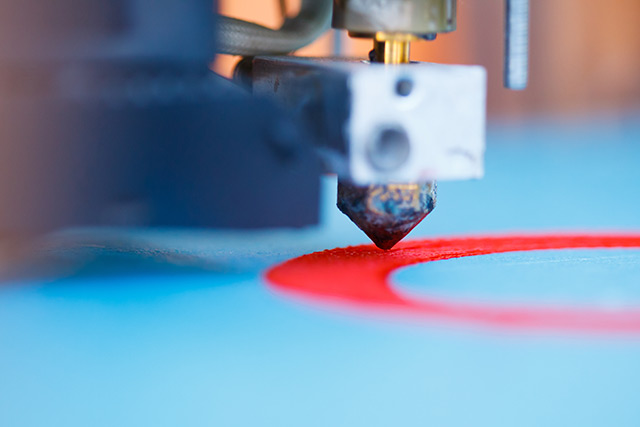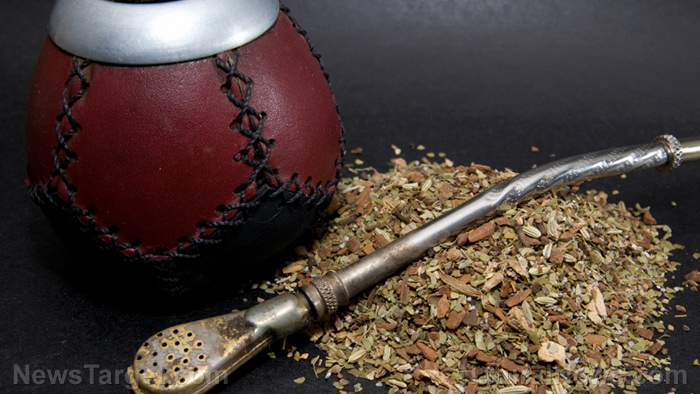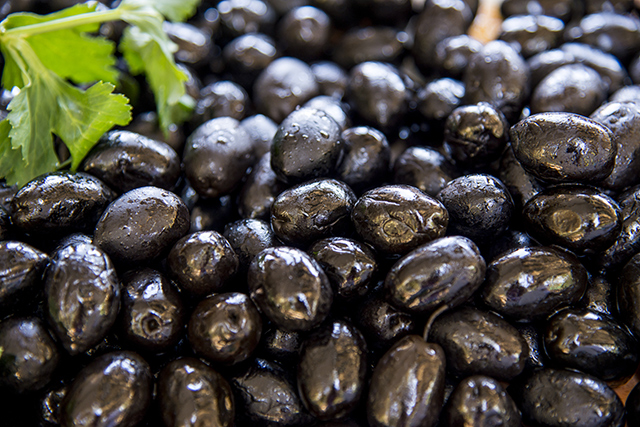Combining pycnogenol and L-arginine could help address erectile dysfunction naturally, suggests researchers
08/13/2019 / By Edsel Cook

Taking L-arginine by itself may not be enough to improve the symptoms of erectile dysfunction. But researchers suggest that L-arginine could be taken alongside pycnogenol, thereby increasing the beneficial effects of the two natural compounds on men who have impotence.
The body turns L-arginine into nitric oxide. The latter substance serves as a neurotransmitter in the brain, spurs the cardiac muscle tissue of the heart to work better, and works as a vasodilator.
The vasodilating properties of nitric oxide are of particular importance to patients with erectile dysfunction. The chemical makes blood vessels open wider, thereby increasing the blood flow and allowing blood to reach the tissues that need them.
As such, a higher level of nitric oxide means that penile tissue involved in erection receives more significant amounts of blood. The improved supply of blood helps maintain an erection.
The foods found in a Western diet provide around five grams of L-arginine per day. People can consume up to eight grams of the substance every day without experiencing any adverse side effects.
Legumes contain the highest concentrations of L-arginine found in food. Almonds, Brazilian nuts, and peanuts stand out as the plant-based foods that contain the highest amount of the beneficial compound. These nuts can be considered “heart-friendly” thanks to L-arginine. (Related: Zinc supplementation can benefit individuals with erectile dysfunction, reveals study.)
L-arginine exerts minor beneficial effects on erectile dysfunction
In 2000, researchers from the University of Cologne evaluated the efficacy of L-arginine as a natural means of treating impotence. They administered three 500 mg tablets of L-arginine to patients with erectile dysfunction that stemmed from different causes. They also gave a placebo to other participants.
They found that 17 percent of the L-arginine treatment group experienced considerable improvements in terms of erectile function. In comparison, 20 percent of the placebo group reported benefits.
Furthermore, a little over half of the study cohort said that they experienced minor improvements in erectile function after they took L-arginine supplements. However, 27 percent complained that they either did not sense any benefits or felt their condition get worse because of the therapy.
The results of this test suggested that taking L-arginine by itself is not enough to treat erectile dysfunction. However, it is just one of many precursors to nitric oxide. There is also pycnogenol, a synthesized analog of L-arginine that achieves similar vasodilatory effects.
Taking pycnogenol and L-arginine together improves their effectiveness in alleviating impotence
A Bulgarian research team at the Medical Complex for Ob-Gyn Maychin Dom (Maychin Dom) investigated the possibility of combining the two nitric oxide precursors into a single therapy for erectile dysfunction. They wanted to see if the two substances worked well together.
In their 2003 experiment, patients took both L-arginine and pycnogenol for three months. During the first month of treatment, the participants took 1.7 g of L-arginine supplement each day.
The second month added 80 mg of pycnogenol to the ongoing treatment. On the third month, the daily dose of pycnogenol got increased to 120 mg.
During the first month of L-arginine monotherapy, five percent of the test participants reported experiencing improvements in their impotence. The small number increased to 80 percent during the second month, after the addition of pycnogenol to the L-arginine treatment. By the third month of the dual therapy, a whopping 92.5 percent of the participants said that they experienced healthy erections.
Based on the outcome of the Maychin Dom study, L-arginine could be considered a possible means of alleviating erectile dysfunction if it got taken alongside pycnogenol or another supplement with a similar effect. Patients who are already taking pycnogenol should consider eating legumes rich in its natural equivalent.
Sources include:
Tagged Under: alternative medicine, erectile dysfunction, l-arginine, men's health, natural cures, natural medicine, natural remedies, pycnogenol, remedies, supplements
RECENT NEWS & ARTICLES
COPYRIGHT © 2017 RESEARCH NEWS



















